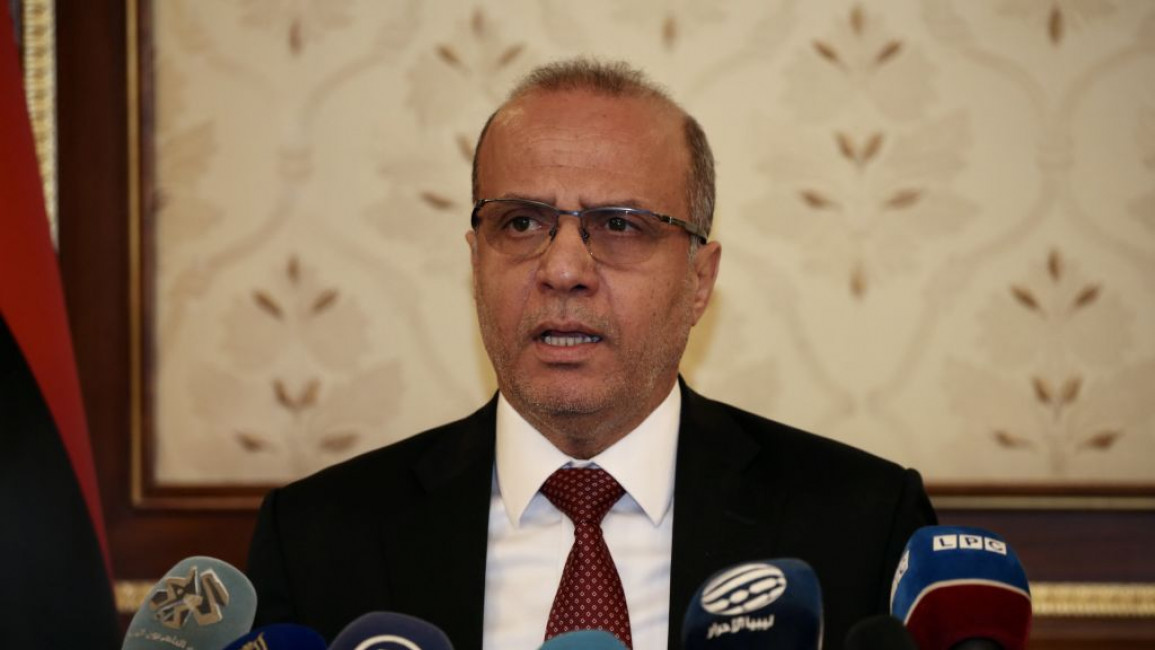Libya Presidential Council member says elections must happen in 2022
A member of Libya's collective head of state said that long-awaited elections must be held in the country this year, during a meeting with Italian diplomats.
Abdullah Al-Lafi, one of two Libyan Presidential Council vice-chairs, spoke with Ambassador Giuseppe Buccino and Special Envoy Nicola Orlando, The Libya Observer reported on Monday.
Al-Lafi also told them it was vital that rival Libyan factions work together.
Orlando said: "Italy wants to help Libya end its transitional period and enter the phase of an elected president by the people."
He explained Italy is observing what's happening in Libya and values the country's independence and stability.
Orlando also said Italy awaits lawmakers' work on an altered plan setting out Libya's path to elections.
Italy was Libya's colonial master up to 1943, and it continues to play a significant economic role there.
Under the terms of a United Nations agreement, Libyans were supposed to go to the polls on 24 December as their country attempts to overcome years of violence following the 2011 overthrow of dictator Muammar Gaddafi.
Politicians could not agree on fundamental rules for the presidential and parliamentary votes, including the eligibility of some main candidates, and so they did not go ahead.
Unlike many other Libyan state institutions, the NOC has largely managed to remain neutral in the face of political wrangling in the war-torn countryhttps://t.co/dC2A97gVAk
— The New Arab (@The_NewArab) January 20, 2022
Further disputes could be on the horizon as a Libyan parliamentary committee said on Monday the chamber should choose a new interim prime minister.
The committee, set up to chart a political path forward after elections slated for December collapsed, also said any fresh vote would take at least nine months to prepare.
A push by the eastern-based parliament to replace Abdulhamid Al-Dbeibah, who was installed a year ago through an UN-backed peace process, would probably be rejected by other political institutions and some armed factions, analysts say.
In addition to a parliament in the eastern city of Tobruk, where warlord Khalifa Haftar is strong, Libya has a rival legislature in its west in the capital Tripoli.
(The New Arab, Reuters)


![Minnesota Tim Walz is working to court Muslim voters. [Getty]](/sites/default/files/styles/image_684x385/public/2169747529.jpeg?h=a5f2f23a&itok=b63Wif2V)




![Debris near Rafic Hariri International Airport [Getty]](/sites/default/files/styles/image_330x185/public/2176162423.jpeg?h=a5f2f23a&itok=MCSK9mkM)
![An Israeli air strike on Jabalia killed teenage journalist Hassan Hamad [Screengrab/X]](/sites/default/files/styles/image_212x120/public/2024-10/hassan%20hamad1.jpg?h=c12e0b96&itok=KstD_5xk)
